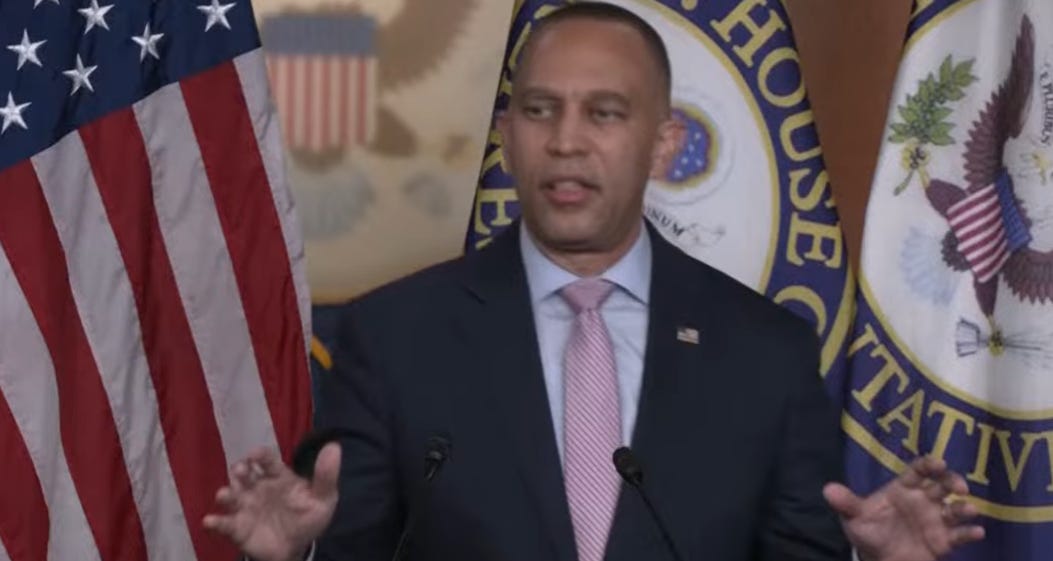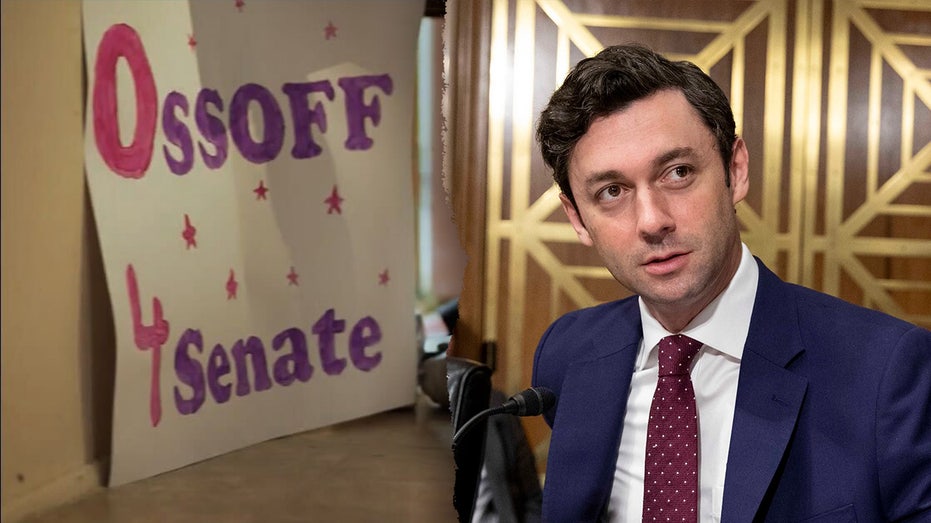A dramatic legal challenge unfolded Thursday, halting President Trump’s planned deployment of National Guard troops to Washington, D.C. The move represents a significant setback for the administration’s efforts to assert greater federal control within the nation’s capital.
Judge Jia Cobb, recently appointed by President Biden, delivered the ruling, deeming the troop deployment unlawful. Her decision specifically prevents the administration from utilizing the National Guard to enforce laws in D.C. without the explicit consent of the city’s mayor.
However, the immediate impact of the ruling is tempered by a temporary pause. Judge Cobb has delayed its full implementation until December 11th, granting the Trump administration crucial time to launch an appeal and potentially reverse the decision.

The dispute centers around President Trump’s invocation of Section 740 of the DC Home Rule Act. This rarely-used provision allows the President to assume control of the Metropolitan Police Department under declared emergency conditions.
In August, President Trump announced his intention to utilize Section 740, effectively placing the D.C. police force under “direct federal control.” Simultaneously, he authorized the Secretary of Defense to deploy National Guard troops to the city.
The administration justified the deployment as a response to escalating crime rates within Washington, D.C. The President publicly stated a willingness to “bring in the military if it’s needed,” signaling a firm resolve to address the situation.
The decision to deploy was reportedly influenced by a particularly violent incident involving Edward Coristine, known locally as “Big Balls,” a worker who suffered a brutal beating at the hands of a group of assailants. This event served as a catalyst for the administration’s response.
Section 740 mandates specific procedures for federalizing the D.C. police force, including notification to key congressional committee chairmen and the city’s mayor. The President fulfilled these requirements through executive actions and formally delivered the necessary letters.
Beyond the troop deployment, President Trump also issued a presidential memorandum directing the Secretary of Defense to utilize National Guard personnel for city cleanup efforts. He further authorized state governors to deploy their own National Guard units within their respective states.
The legal battle over control of Washington, D.C. highlights a growing tension between federal authority and local governance. The coming weeks will be critical as the Trump administration prepares its appeal and the future of the National Guard deployment hangs in the balance.





